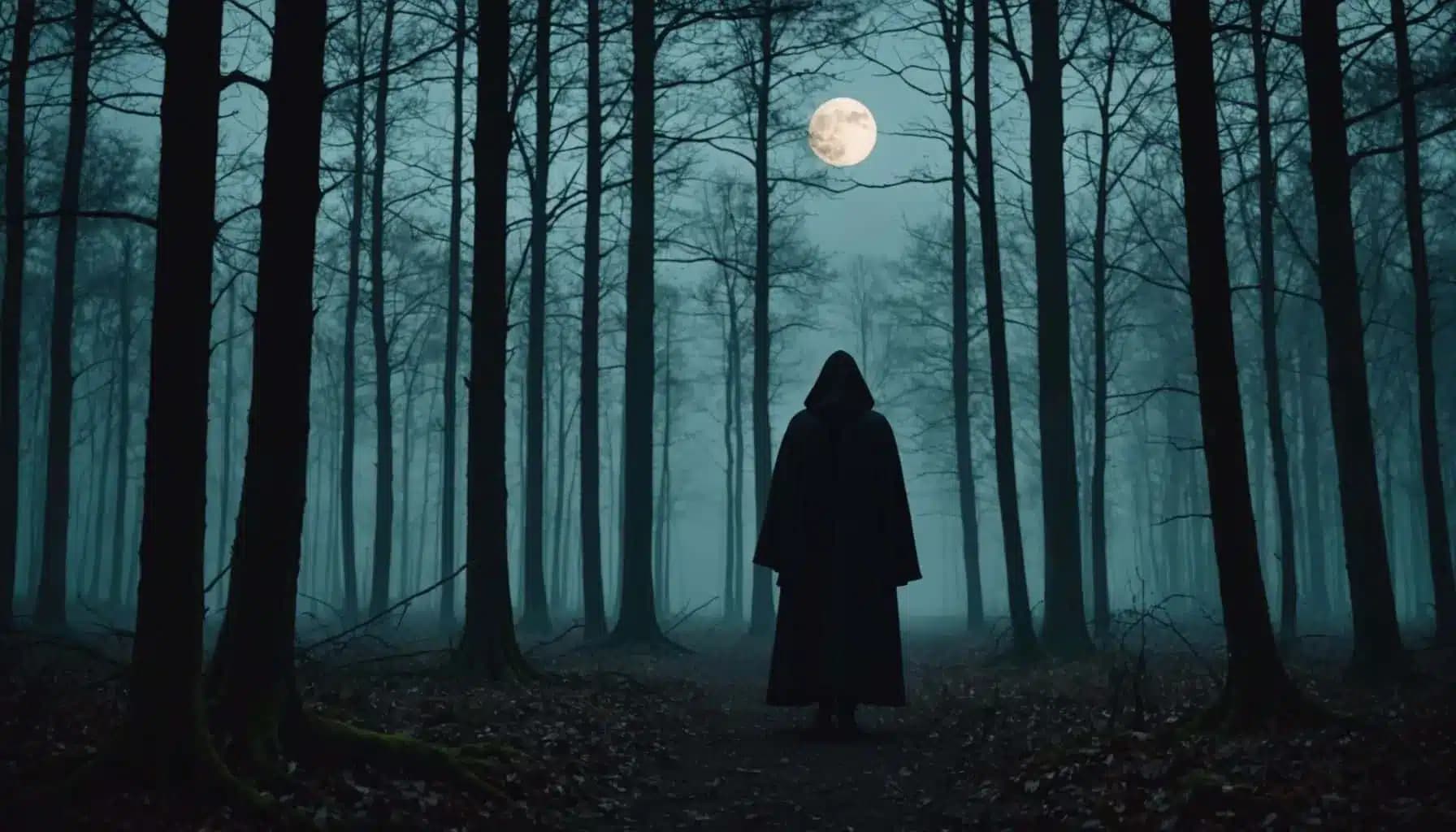
The Science of the Unexplained: Experts Weigh In on Paranormal Events
The allure of the paranormal has captivated human imagination for centuries. From ghost sightings to mysterious UFO encounters, these unexplained phenomena continue to intrigue and baffle both the general public and the scientific community. In this article, we delve into the science of the unexplained, exploring various psychological, scientific, cultural, and expert perspectives on paranormal […]